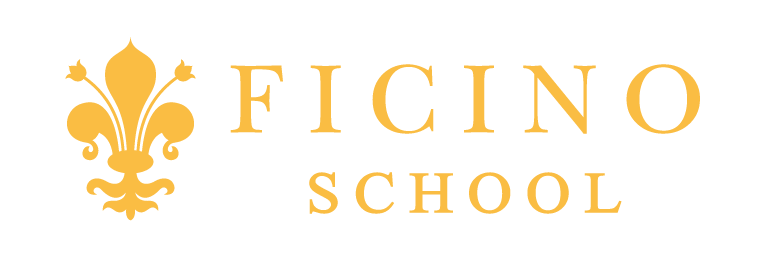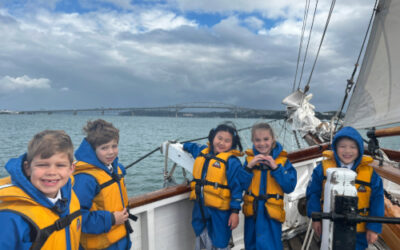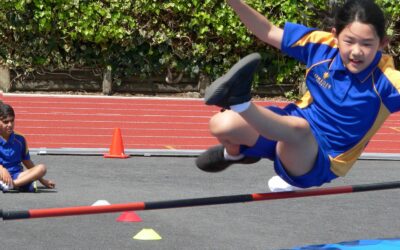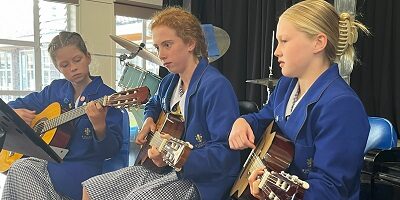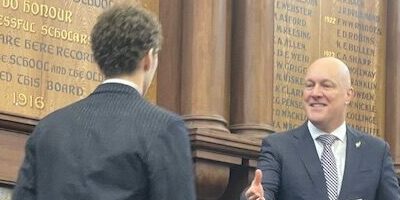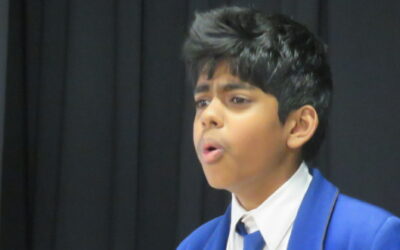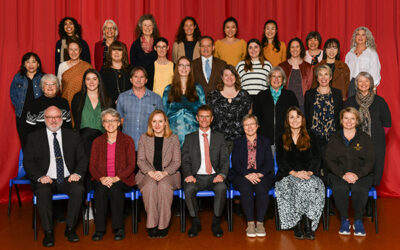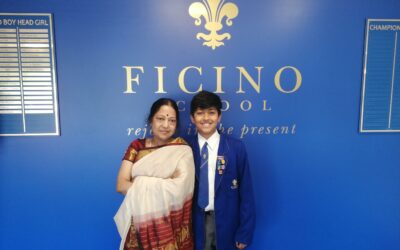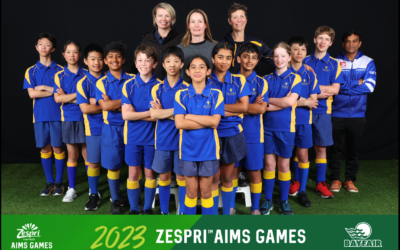We are very happy to introduce our new Head students for 2024. Zia Ferdian is our Head Girl and...
NEWS
News
Learning outside the classroom
Students have had many opportunities this term to enhance their learning in class by going on day...
Healthy bodies – Athletics day
Every year our children compete in our Annual Athletics Day. We feel this is an important event in...
The value of music at Ficino
We greatly value music at Ficino, not only for the skills that learning how to sing and play an...
Alumni – where are they now? Nicholas Clarke
Nicholas Clarke attended Ficino School from Year 0 - Year 8. It was fantastic for us to hear about...
Speech and recitation at Ficino
I was recently asked to reflect on the place of speech and recitation at Ficino. As a wise man...
Staff Achievements
We are very fortunate to have a brilliant team of teachers at Ficino. As lifelong learners they...
Grandparents Day
Grandparents Day Thank you to all our visitors who arrived on a very foggy Auckland morning to...
AIMS Games
AIMS Games Mrs Setters and Mrs Clarke group of 12 intermediate children were recently taken to...
